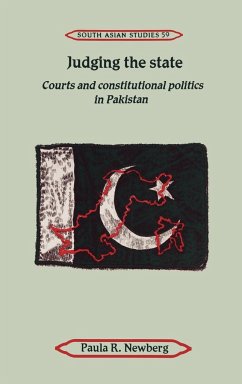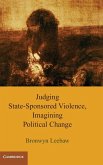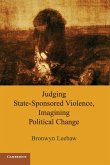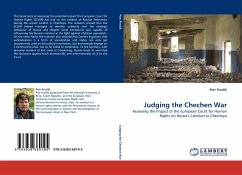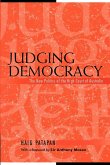For almost five decades, Pakistan has encountered frequent, unresolved political crises. They are woven into its concepts of political community, and have underscored uneasy relationships between state institutions and civil society. Pakistan's politics has also been characterised by incomplete constitution-making, a process that has placed the burden of constitutional interpretation and political change on state instruments ranging from the bureaucracy to the military to the judiciary. The superior courts in particular have played unusually important roles in determining the country's fate, often superseding legislatures and executives alike. In a penetrating and comprehensive study of the ways in which the superior judiciary has mediated relationships between state and society, Paula Newberg demonstrates how the courts have influenced the structure of the state, and their evolving jurisprudence has fashioned Pakistan's constitutions and uncertain constitutionalism. By examining judicial decisions, including those that determined the fate of governments, she explores the ways that the courts have affected fundamental rights, the practice of politics, and Pakistan's democratic prospects.
Hinweis: Dieser Artikel kann nur an eine deutsche Lieferadresse ausgeliefert werden.
Hinweis: Dieser Artikel kann nur an eine deutsche Lieferadresse ausgeliefert werden.

